Electric and Hybrid FAQs
Please see our electric and hybrid FAQs below. If you have any more questions feel free to contact us.
What is an EV?
EV is an abbreviation of ‘electric vehicle’. It is a vehicle which runs completely on electricity. EV’s do not have an engine, they have an electric motor, which means an electric car does not require petrol or diesel. The vehicle can be charged at home or at an electric car charging point (located in public places across South Wales).
What is a plug-in hybrid vehicle?
Also known as a PHEV, a plug-in hybrid vehicle operates by combining a traditional petrol or diesel engine with an electric motor. This means that a plug-in hybrid vehicle can be plugged in and charged from mains power, just like EVs, but they also need petrol or diesel if travelling longer distances.
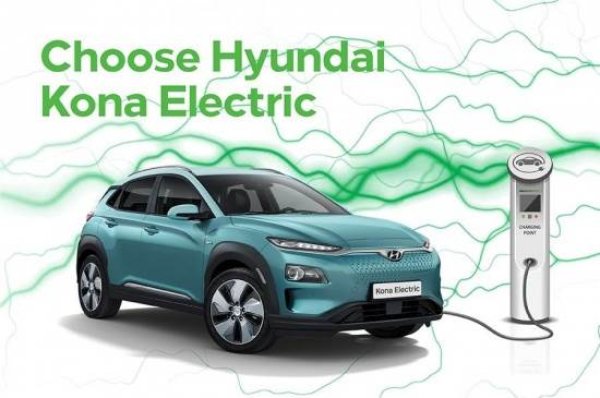
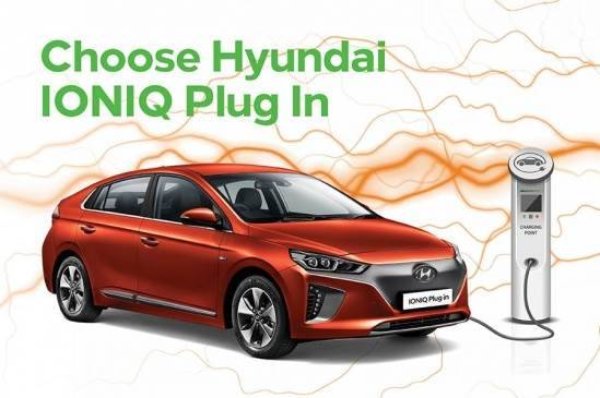
Are electric cars cheaper to maintain?
Yes, electric cars are cheaper to maintain, there is no oil to top up or filter to change, no gaskets to replace, and overall, fewer moving parts to wear out, making them generally more reliable. It means much lower maintenance costs.
How do electric vehicles work?
An EV uses an on-board battery instead of a fuel tank, which gets charged via an electricity supply. The energy is then stored and used to power an electric motor which sets the wheels in motion. An EV has no need for a clutch, gearbox or an exhaust pipe, meaning an EV is much quieter and smoother to drive.
Can I save money?
Yes, in the long run. Electric cars are initially more expensive to buy than traditional petrol or diesel cars but they can help you save money in the long term due to reduced:
Fuel costs
Road Tax
Congestion charges
Maintenance bills
How much will it cost to charge my EV?
On average the cost of charging an EV is just £4 for 100 miles of charge. Electric Highway charging points are also available for 30p per kWh or cheaper depending on your home energy supplier.
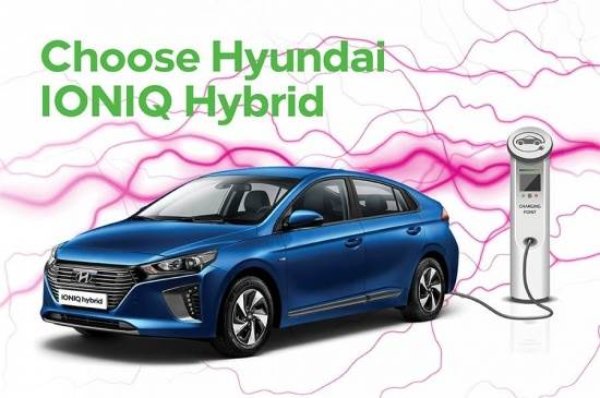
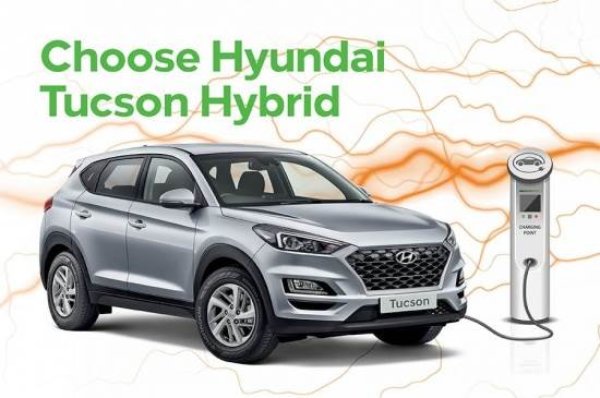
Are there grants available to enable me to purchase an electric vehicle?
As well as the latest offers from Hyundai and Vauxhall, you can receive a discount off the price of a brand new electric vehicle through a grant the government gives to Hutchings. The maximum grant available is currently £3,000. If you want to purchase one of these vehicles, you don’t need to do anything, Hutchings will include the value of the grant in your chosen cars’ price.
Do electric cars need an MOT?
Like every car on the road, an electric car needs to be certified safe to drive so it needs to pass an MOT test like any other vehicle - after 3 years. The usual checks such as brakes, suspension and lights will be carried out, the only difference is there is no emissions test.
Are electric cars manual or automatic?
Electric cars use a simple fixed-ratio transmission, therefore they do not require a multi-speed, manual or automatic gearbox. Opposite to a combustion engine, electric motors have a very wide power band.
How do I install an electric car charging point?
Set aside just two or three hours, these units are compact, waterproof and easy to install. A certified OLEV (office for Low-Emission vehicles) installer will be able to assist you to ensure your home charger is installed to the highest safety standard. You may also be eligible for a government grant of £500 towards it.
Vauxhall’s current offer gives all EV customers a free ‘ownership package’ which includes a free wallbox charger, Vauxhall care package and polar plus package which will provide customers free access to over 7000 charging points across the UK for a period of six months.
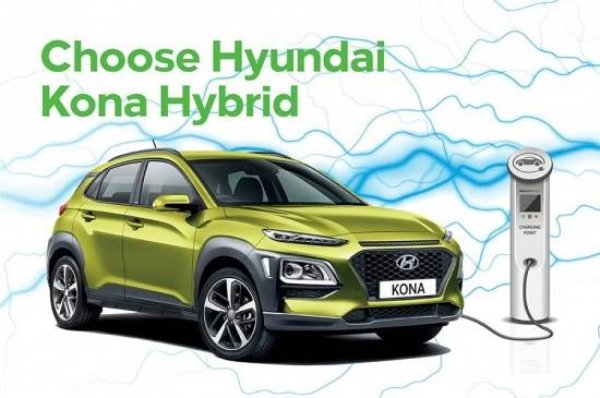
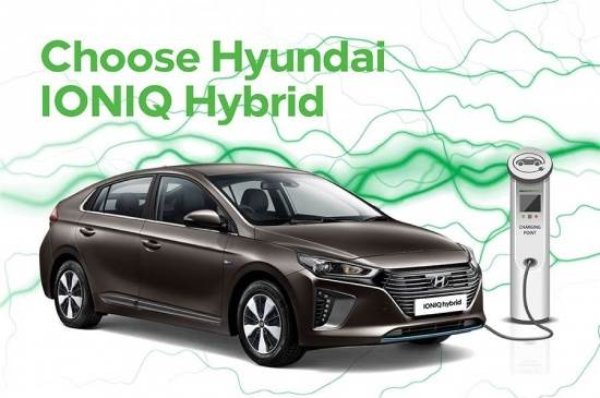
What happens when an electric car runs out of battery?
Just like traditional petrol and diesel cars, your EV will come to a stop. New electric car owners tend to be more conscious of their range, knowing how far your electric car can likely go between charges should be enough to alleviate fears. If your car comes to a stop, you would need to be towed to the nearest charging station.
Did you know, 94% of all car journeys in the UK are under 25 miles? And 56% of journeys are under 5 miles? On a full charge, a standard electric car can now run more than 186 miles before needing to be recharged.
Can I overcharge my car?
Both Hyundai and Vauxhall have built in precautions so overcharge, overdischarge and overheating does not occur on your electric or hybrid car.
Are electric cars dependable?
Electric cars have less points of failure than other engines making them just as dependable as other vehicles, if not more dependable.
Who can service my electric vehicle?
Our authorised and fully qualified vehicle technicians at Hutchings Hyundai Swansea, Bridgend and Pontypridd and Hutchings Vauxhall Pontypridd can carry out regular servicing and maintenance on your electric vehicle. Our professional team will ensure your vehicle stays in prime condition.
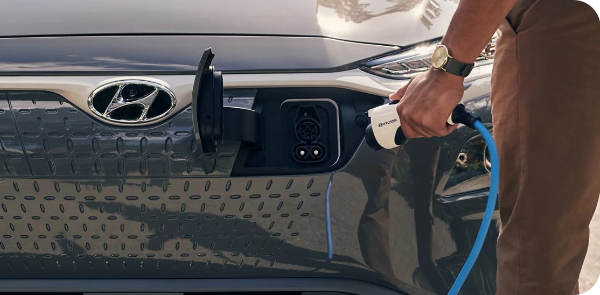

Great that's all sorted!
Thank you for choosing Brayleys for your service
A member of the team will be in touch shortly to book you in for your appointment, we look forward to welcoming you to the dealership.
Fill in your details below and a member of our team will be in touch
By providing your details you consent to us being able to contact you using the methods given above. Read more.
Please provide your details below and a member of our team will be in touch
Your current car
By providing your details you consent to us being able to contact you using the methods given above. Read more.
Please provide your details below and a member of our team will be in touch
Fill in your details below and a member of our team will be in touch
By providing your details you consent to us being able to contact you using the methods given above. Read more.
Please leave your details and we will call you back as soon as possible to confirm your appointment slot.
Let us know how you would like to receive your virtual appointment in the comments. Eg Zoom, Skype, Whatsapp.
By providing your details you consent to us being able to contact you using the methods given above. Read more.
Fill in your details below and a member of our team will be in touch


